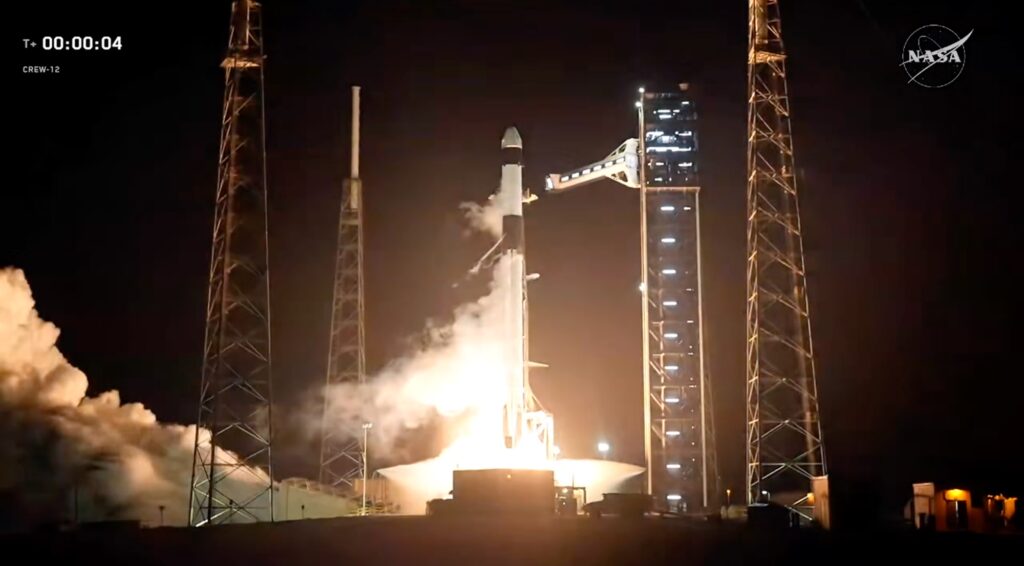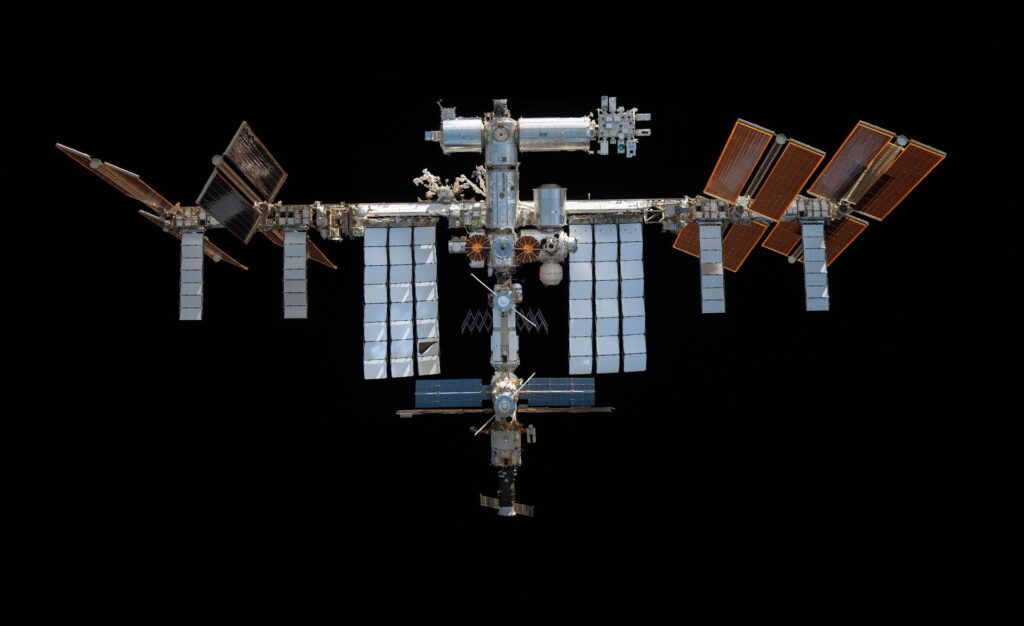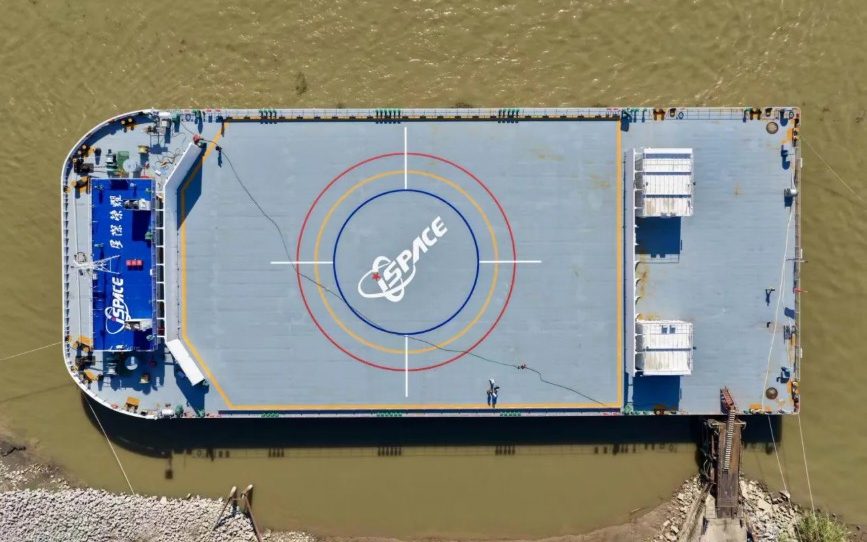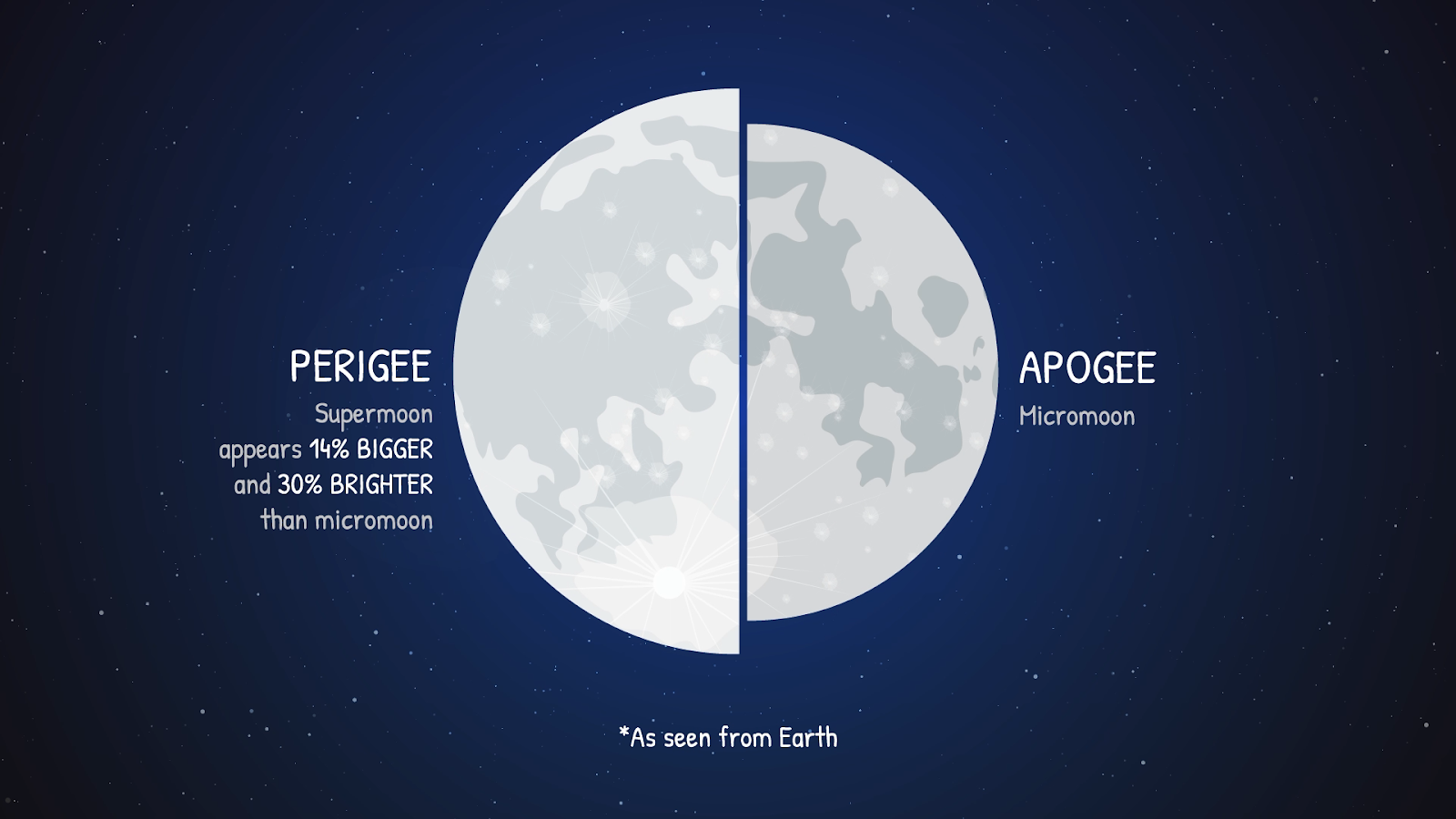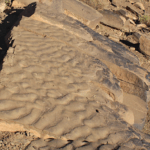Now Reading: OQ Technology expands satellite IoT services to Australia
-
01
OQ Technology expands satellite IoT services to Australia
OQ Technology expands satellite IoT services to Australia
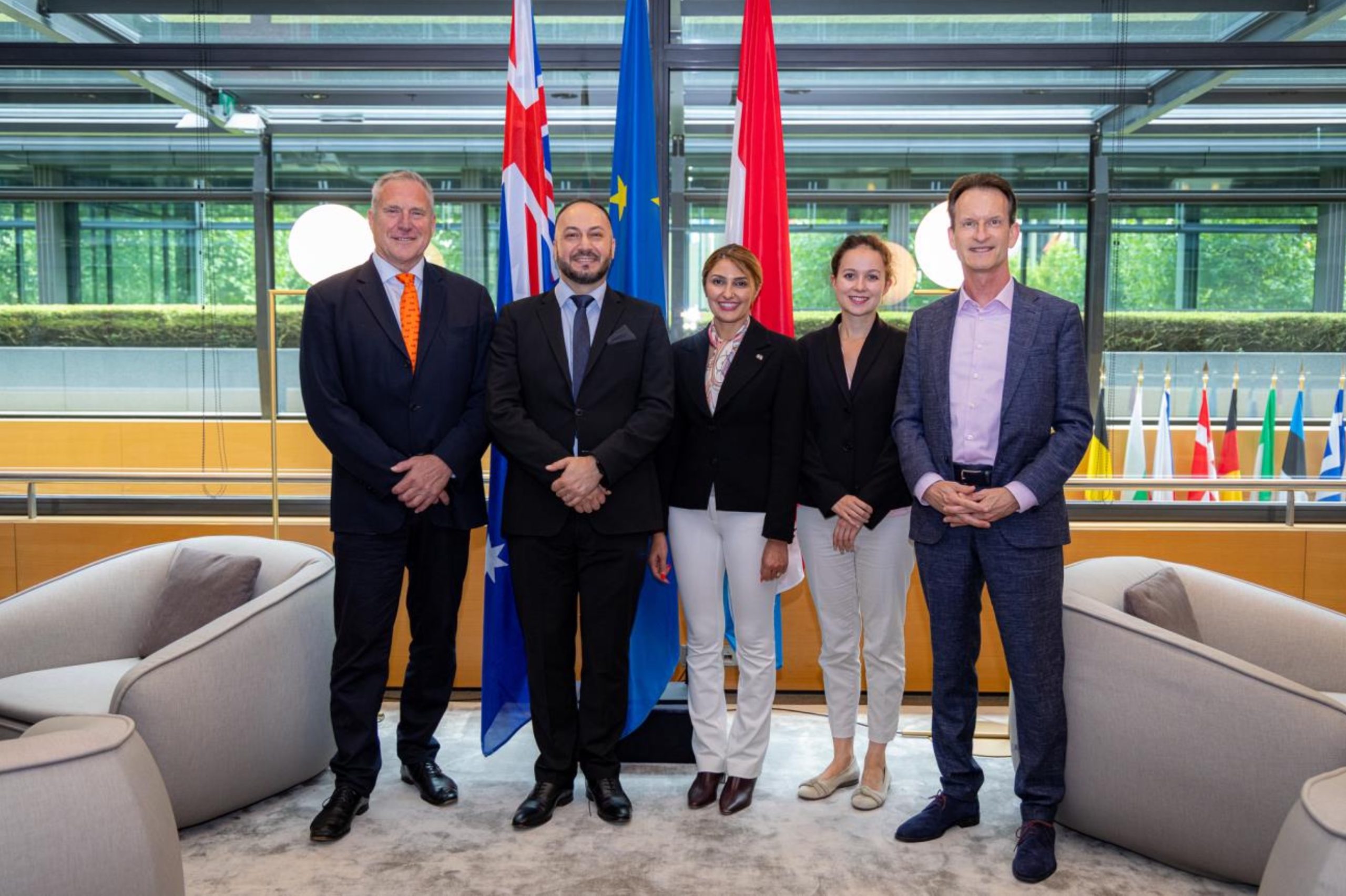

TAMPA, Fla. — OQ Technology has expanded its satellite connectivity services for remote Internet of Things (IoT) devices to Australia, the Luxembourg-based low Earth orbit (LEO) operator announced Sept. 30.
The company has also opened an office in the country after securing a license to use S-band spectrum for non-terrestrial 5G IoT services from its constellation of 10 small satellites, founder and CEO Omar Qaise told SpaceNews.
The Australian approval follows the launch of OQ Technology’s LEO services in “countries such as Saudi Arabia, Rwanda, Nigeria and many more,” Qaise said via email.
Qaise pointed to soaring demand for space-based connectivity in the oil and gas, agriculture and mining sectors in particular, where terrestrial coverage is often limited, alongside rising needs from government and logistics customers.
He said OQ Technology delivers services through a mix of its own licensed spectrum and more than 20 roaming agreements with terrestrial telcos worldwide.
Dutch telco KPN is the latest telco to announce an agreement with OQ Technology, adding the venture to its roster of space-based partners to enable IoT coverage across land and sea.
Enterprise customers include Aramco, Saudi Arabia’s state-owned oil and gas giant.
March toward direct-to-device services
Earlier this year, OQ Technology secured funds from a European Union-backed accelerator to help enable direct-to-device (D2D) connectivity from space to mass-market smartphones.
Qaise said the operator aims to launch a D2D text messaging service by the end of 2026, joining a market currently dominated by U.S.-based players such as SpaceX.
He said “being a European LEO operator with NTN IoT and D2D capability and standardized spectrum, [OQ Technology] can be the European sovereign LEO D2D operator [unlike] other players.”
OQ Technology ultimately plans to operate a constellation of 82 satellites in LEO to provide global 5G IoT and D2D services at scale.
Stay Informed With the Latest & Most Important News
Previous Post
Next Post
-
 01Two Black Holes Observed Circling Each Other for the First Time
01Two Black Holes Observed Circling Each Other for the First Time -
 02From Polymerization-Enabled Folding and Assembly to Chemical Evolution: Key Processes for Emergence of Functional Polymers in the Origin of Life
02From Polymerization-Enabled Folding and Assembly to Chemical Evolution: Key Processes for Emergence of Functional Polymers in the Origin of Life -
 03Φsat-2 begins science phase for AI Earth images
03Φsat-2 begins science phase for AI Earth images -
 04Hurricane forecasters are losing 3 key satellites ahead of peak storm season − a meteorologist explains why it matters
04Hurricane forecasters are losing 3 key satellites ahead of peak storm season − a meteorologist explains why it matters -
 05Thermodynamic Constraints On The Citric Acid Cycle And Related Reactions In Ocean World Interiors
05Thermodynamic Constraints On The Citric Acid Cycle And Related Reactions In Ocean World Interiors -
 06Binary star systems are complex astronomical objects − a new AI approach could pin down their properties quickly
06Binary star systems are complex astronomical objects − a new AI approach could pin down their properties quickly -
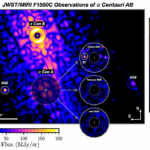 07Worlds Next Door: A Candidate Giant Planet Imaged in the Habitable Zone of α Cen A. I. Observations, Orbital and Physical Properties, and Exozodi Upper Limits
07Worlds Next Door: A Candidate Giant Planet Imaged in the Habitable Zone of α Cen A. I. Observations, Orbital and Physical Properties, and Exozodi Upper Limits












